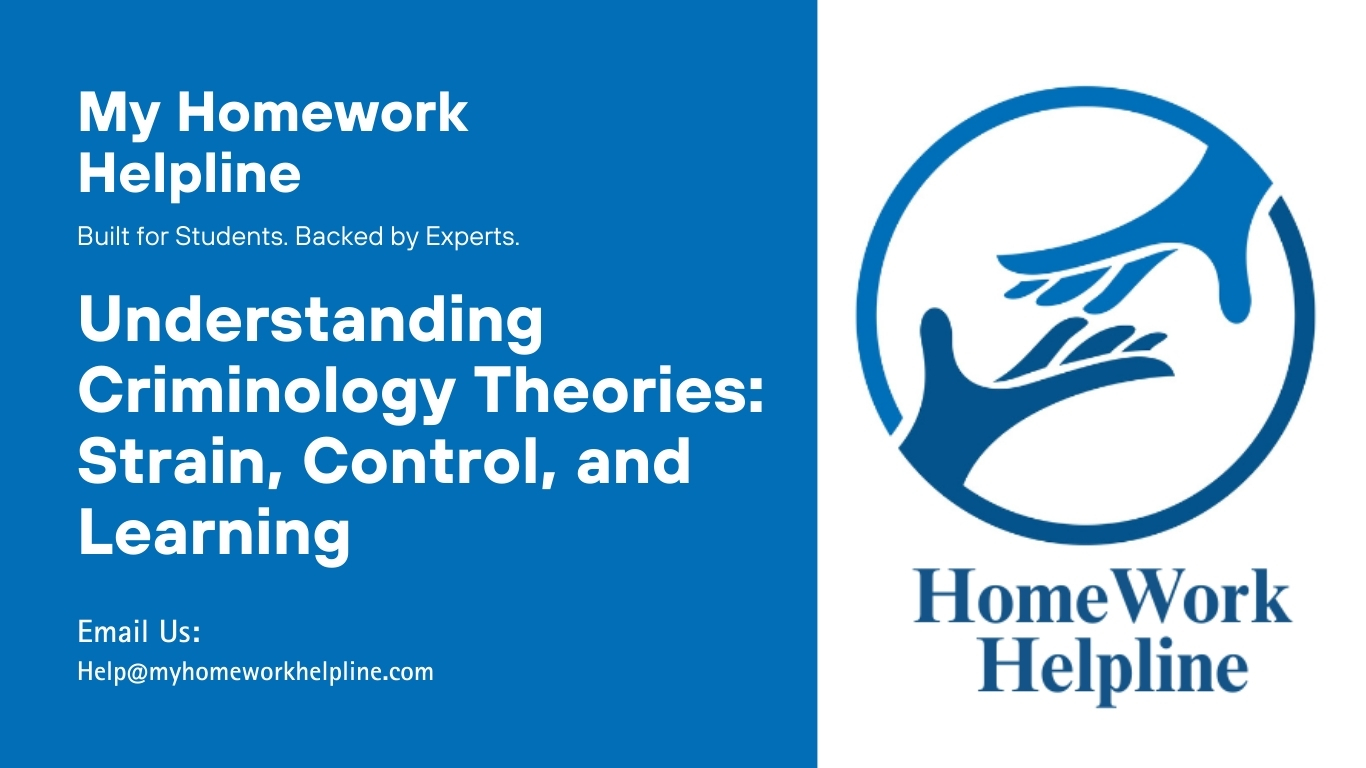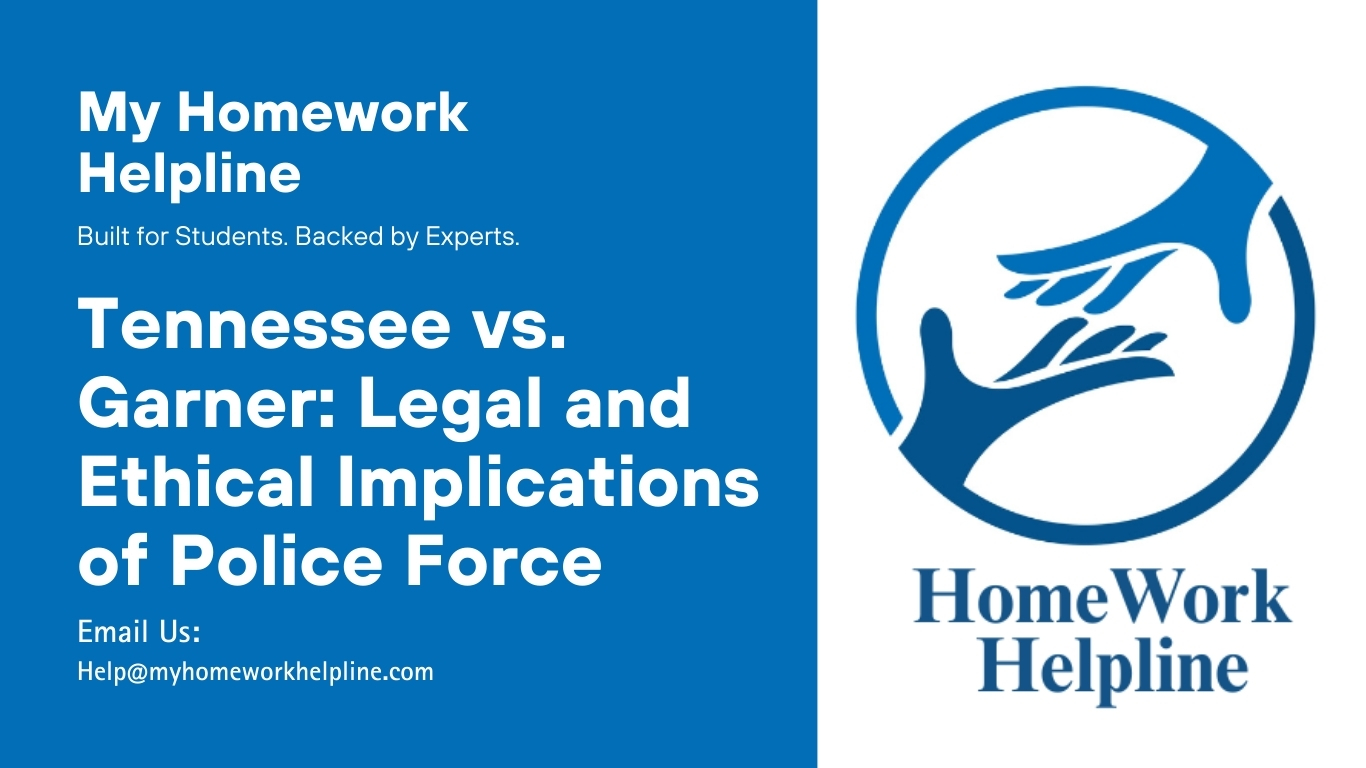Summary of Criminology Theories: Strain, Control, and Learning
The general string theory makes an effort to study the concept of social strain. That is to say; innovation emerges when a society prioritizes socially acceptable recognized aims but lacks the requisite infrastructure to fulfill them. Some people in society, especially young people, resort to criminal activity to acquire goods and services seen as valuable […]










